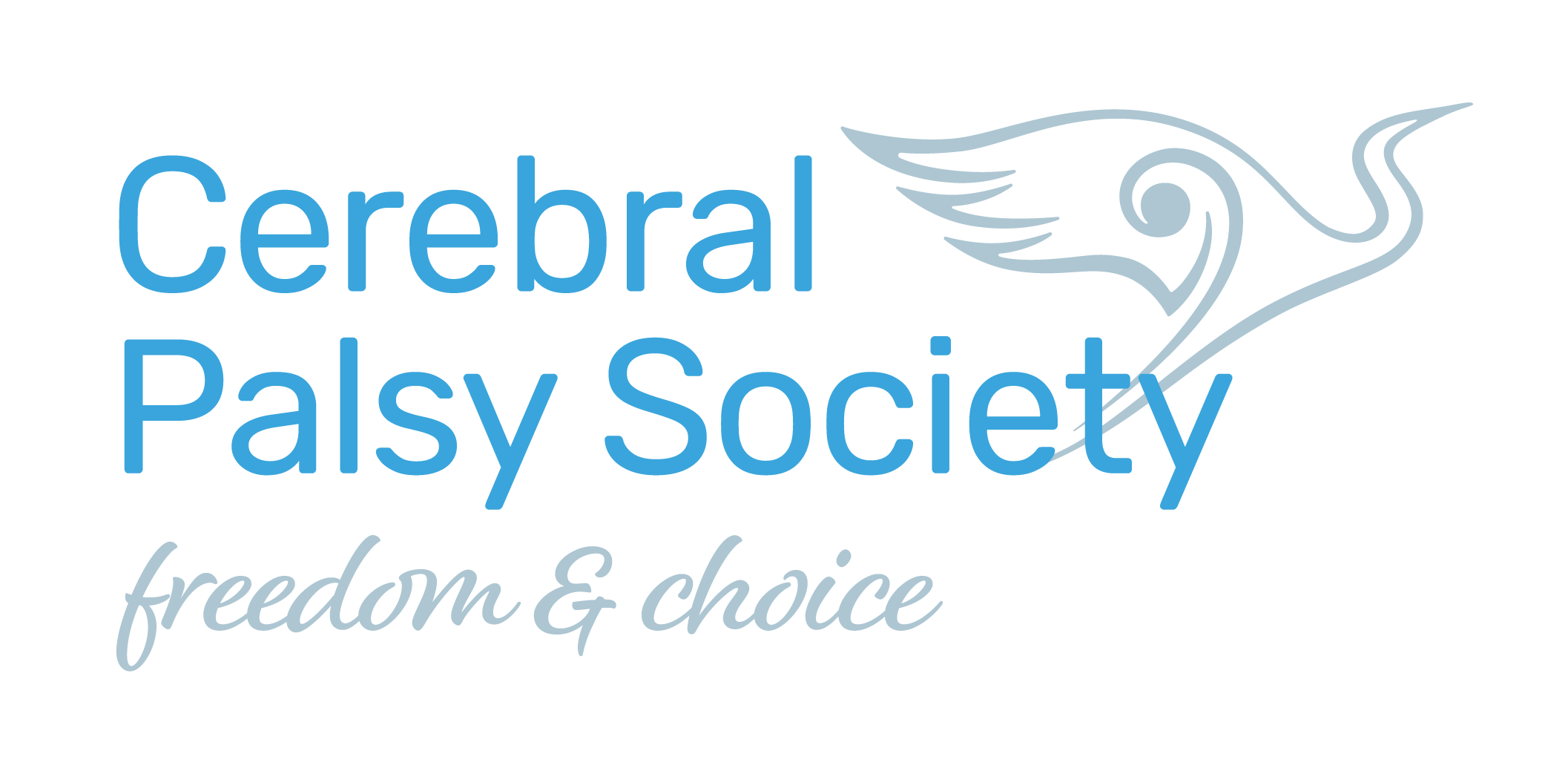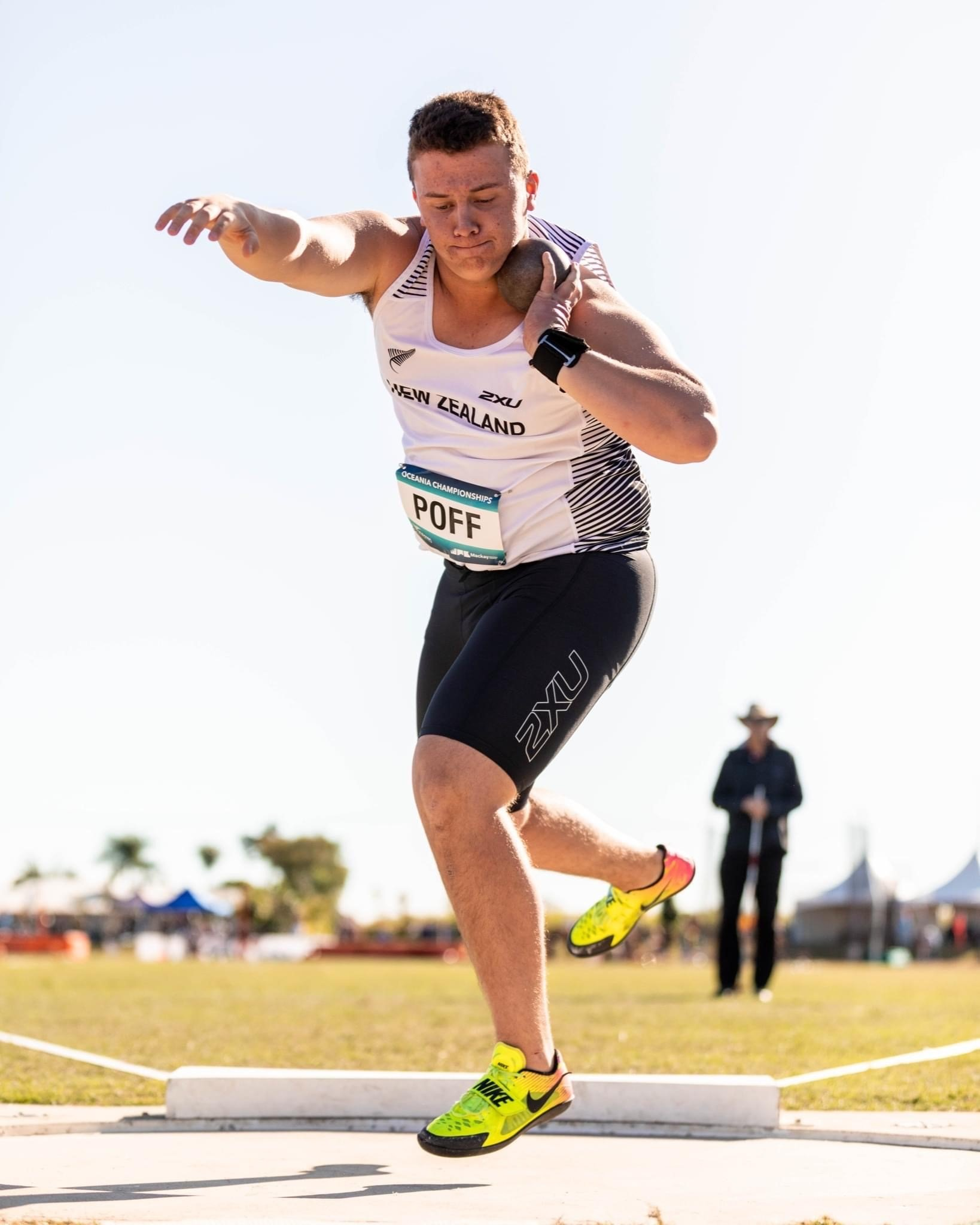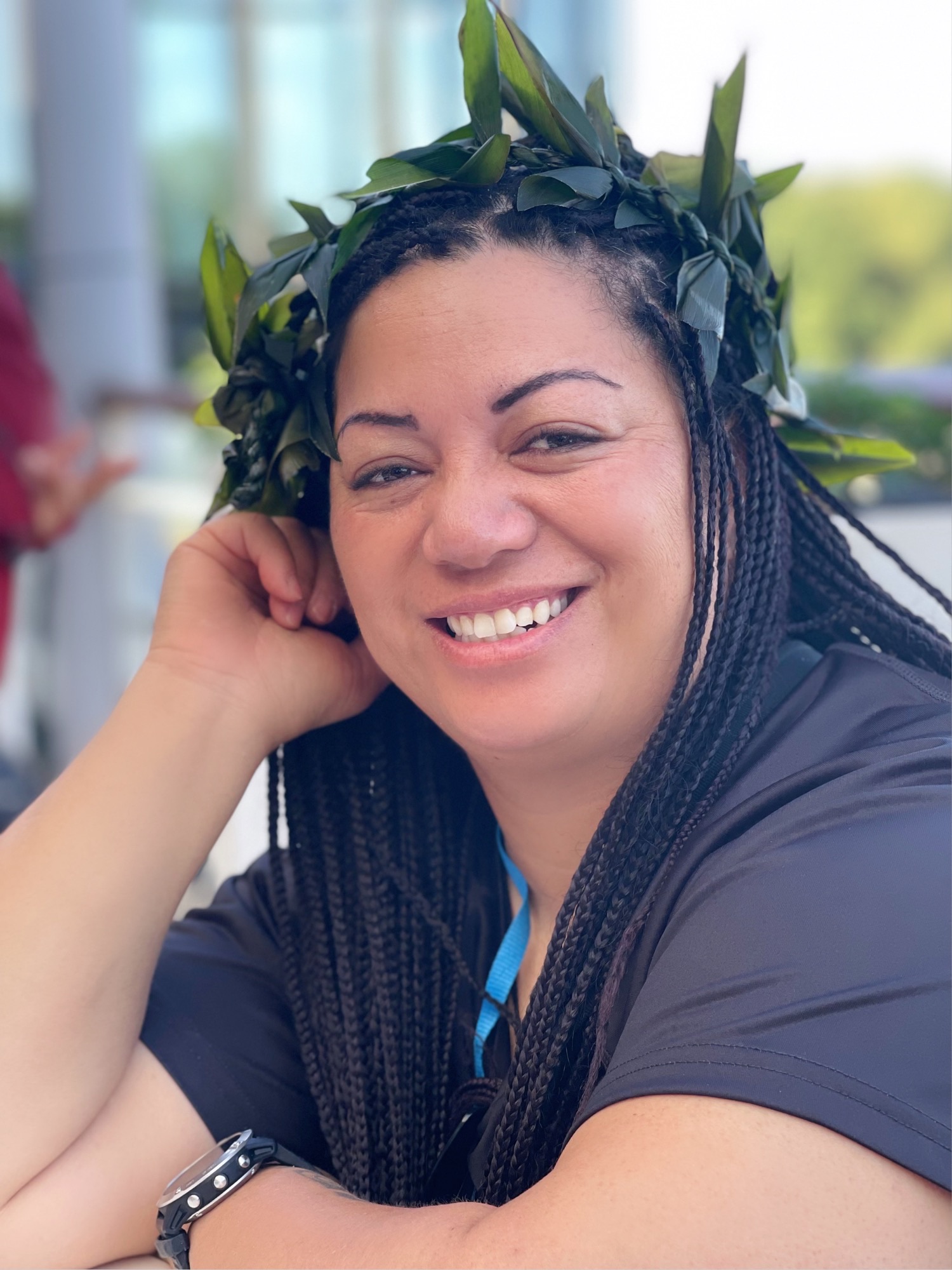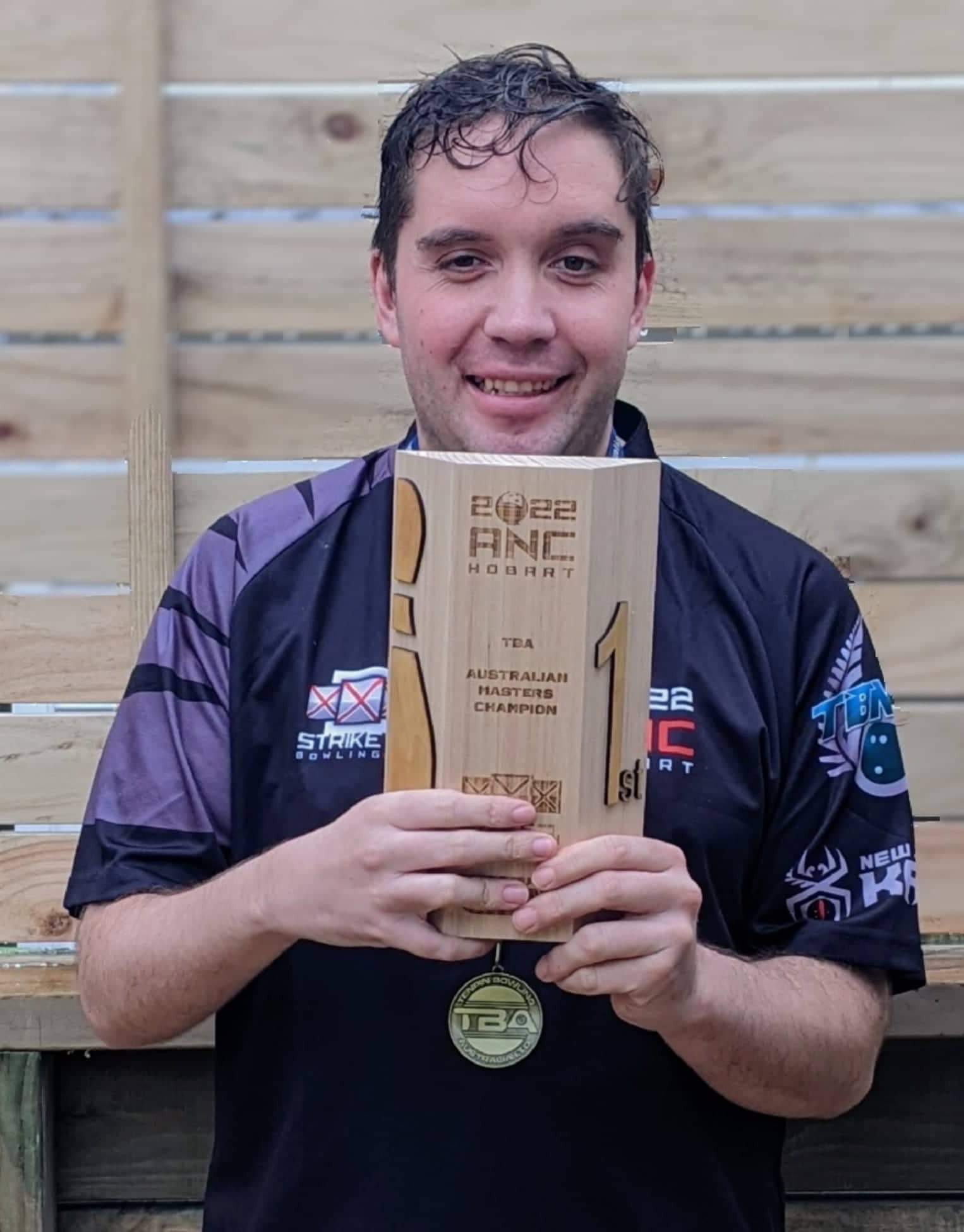Our Members - Their Stories
Finding success in sport
24 Nov 2022
Throughout 2022 members of the Cerebral Palsy Society have been doing amazing things in the sporting arena. We’re incredibly proud of everyone’s achievements and wanted to share some of them with The Review readers.
BEST FOOT FORWARD
Earlier this year shotputter Rorie Poff had a fabulous time showcasing his talents in Australia.
Cerebral Palsy affects the Canterbury teenager’s balance and coordination and he has severe Haemophilia A.
He has been a member of Parafed Canterbury for seven years, and has a passion for athletics, mainly shot put.
Rorie, 17, competes as a Para Athlete, in the F38 classification, and has attended the Halberg Games five times.
His goal is to represent New Zealand on the world stage.
Rorie took a step towards that in May and June when he attended a pre-competition training camp on the Gold Coast, followed by the Oceania Area Championships in Queensland.
“It was great to interact with the other athletes and train with the assistance of throw coaches.”
In April, Rorie’s personal best throw was 9.47m. On the last day of competition, he increased this to 9.83m, securing himself fifth place overall.
“The whole experience was amazing, travelling internationally with the New Zealand team and the support of Athletics New Zealand.”
On his last throw of the competition, Rorie broke three bones in his left foot, and spent time recovering from surgery and undergoing physiotherapy.
He worked his way back to competing in the Halberg Games in Christchurch in October, and next on the calendar is the NZ Secondary Schools Track and Field Championships in December.
“I have never let my medical conditions hold me back and hopefully others can be inspired by my achievements,” he says.
PROUD TRIATHLETE
Regular visits to the gym have made a world of difference for 26-year-old Hine-Mei Musgrave.
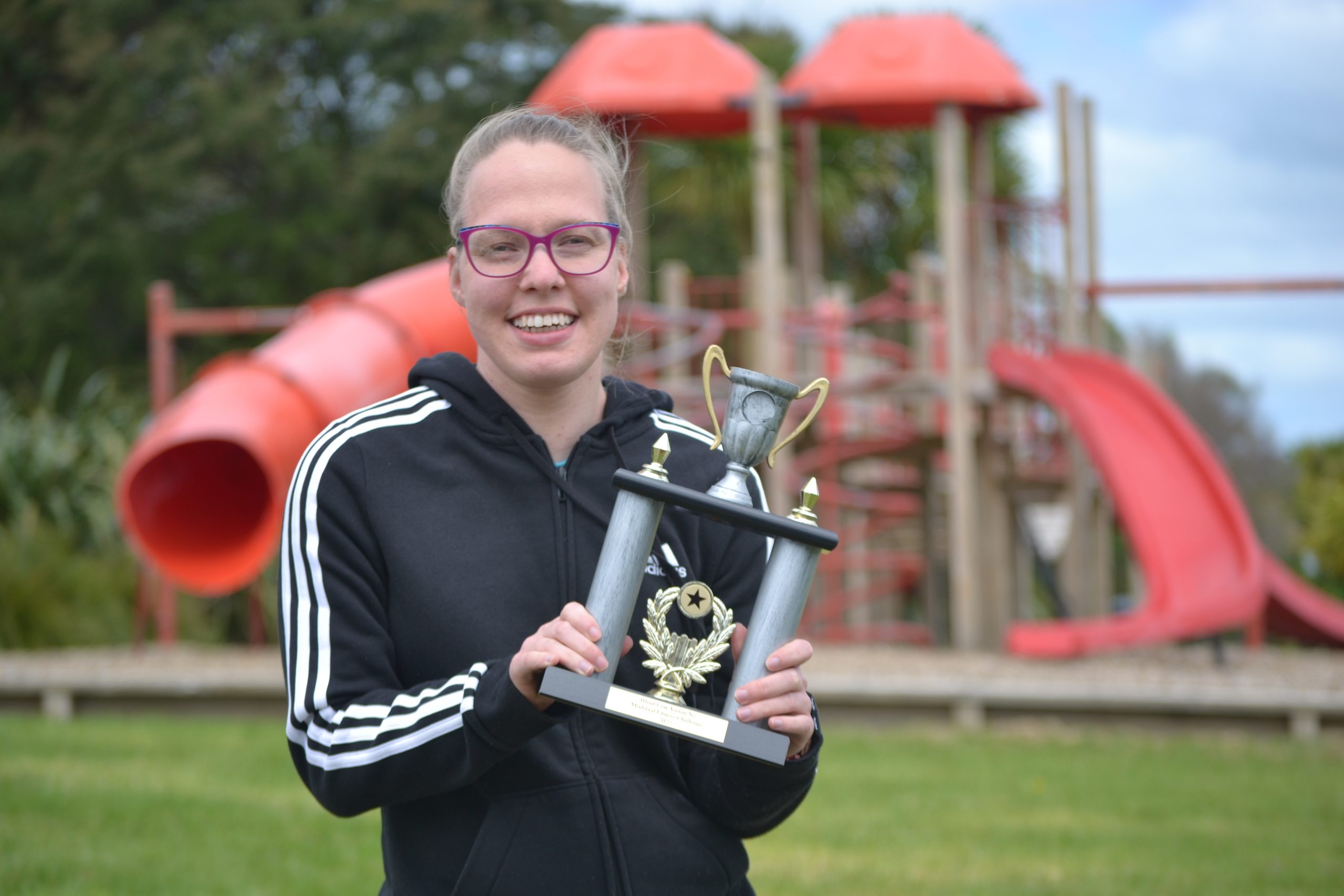 Hine-Mei and her twin were born at 25 weeks, weighing just 750 grams.
Hine-Mei and her twin were born at 25 weeks, weighing just 750 grams.
She attended Carlson School for Cerebral Palsy and took her first 150 steps unaided when she was around seven years old, with the support of AFO splints.
The Aucklander, who has short term memory loss and auditory processing problems, says physical education and therapy stopped when she finished high school.
So, five years ago she started using the gym and pool facilities at Westwave. She now attends nearly every day.
“It makes me stronger,” she says, adding that she likes the challenge, and getting to meet new people.
Earlier this year she took part in her first triathlon, hosted by Blind Low Vision NZ, and received a trophy for her participation.
Hine-Mei is partially sighted after a stroke left her with negligible peripheral vision, and has hydrocephalous and a shunt.
She enjoys “everything” about taking part in triathlons, especially “my whānau round me cheering me”.
Hine-Mei wants other young people with Cerebral Palsy to know the benefits of taking part in sport.
“Your health better, your lungs stronger, makes your joints and muscles stronger too,” Hine-Mei says.
Jan Cherrington, Hine-Mei’s Nan, says the family is grateful for the Society’s financial support which gives access to taxis and the gym.
LIMITLESS POSSIBILITIES
Growing up in the 1980s as the only child at her school with a disability, Makuini Johnson would often sit on the sideline watching other children participate in sport.
“Never would I have dreamed that I could participate in sport, let alone as an elite athlete. I feel incredibly blessed.”
Makuini’s opportunity came when she was selected to be part of the New Zealand Elite Para Mixed va’a (waka) team to represent Aotearoa at the International Va’a Federation (IVF) World Elite Sprint Championships in London in August.
She competed in three races against Great Britain, bringing home a gold medal and two silvers.
“They certainly made us work for our medals. Although, beating them in the first race, makes it a little sweeter because we aren’t well resourced, we hold down day jobs, organise whānau, our disability supports, and in between we trained and did all of this during the thick of New Zealand winter.”
Makuini received an Individual Grant from the Cerebral Palsy Society which contributed to the cost of getting to the competition.
“Without the Society’s support, I would not have experienced being part of a team, being involved in sports and felt an increase in wellbeing by way of tinana (body) and hinengaro (emotional).
“Most importantly, is the mana enhancing knowledge of knowing your limitless possibilities. For a Māori woman who identifies as disabled this understanding enables me to see no limits.”
Makuini has since raced in the Waka Ama Long Distance Nationals at Waitangi where the team won gold.
She has her sights set on the Paralympic Games in Paris in 2024, and hopes to compete in the IVF Va’a World Elite Sprint Championships in 2024, in Hawaii.
BOWLING CHALLENGE
Ten pin bowling has taught Zane Carlson an important lesson.
“No matter what you have, you can go and achieve anything.”
Zane, 31, has been bowling for 17 years, and practices five times a week.
“Having Cerebral Palsy while bowling has been difficult. Tenpin bowling is a sport that is a lot more challenging than a lot of people think.
“I have had to overcome a lot of pain while bowling and the fatigue level is huge – some tournaments you are bowling from 8am to 6pm,” the Aucklander says.
“I had to learn to bowl a little different to keep up with the able body people.
“My greatest bowling achievement was representing New Zealand in the 2015 World Cup and my proudest moment has to be winning the 2022 Australian Masters.”
The Australian tournament was grueling, and there was plenty for Zane to overcome.
During one of the matches Zane’s knee on his good leg collapsed under him and dislocated.
An ambulance was called, but in the meantime, Zane popped his knee back in place, got up, walked to a seat and took a moment to compose himself before getting back up and finishing the game.
Zane lost that game, but still qualified for the semifinals in 3rd place.
He went on to win the semi-final and the final – making him the first Kiwi to ever win the title.
“I want younger people with Cerebral Palsy to know that playing sports is a great way to get moving and no matter what happens to have fun doing it.”
This article was originally published in the September to December edition of The Review magazine.
For more information:
Melanie Louden
Communications Manager
melanie@cpsociety.org.nz
Mobile: 022 087 8191
